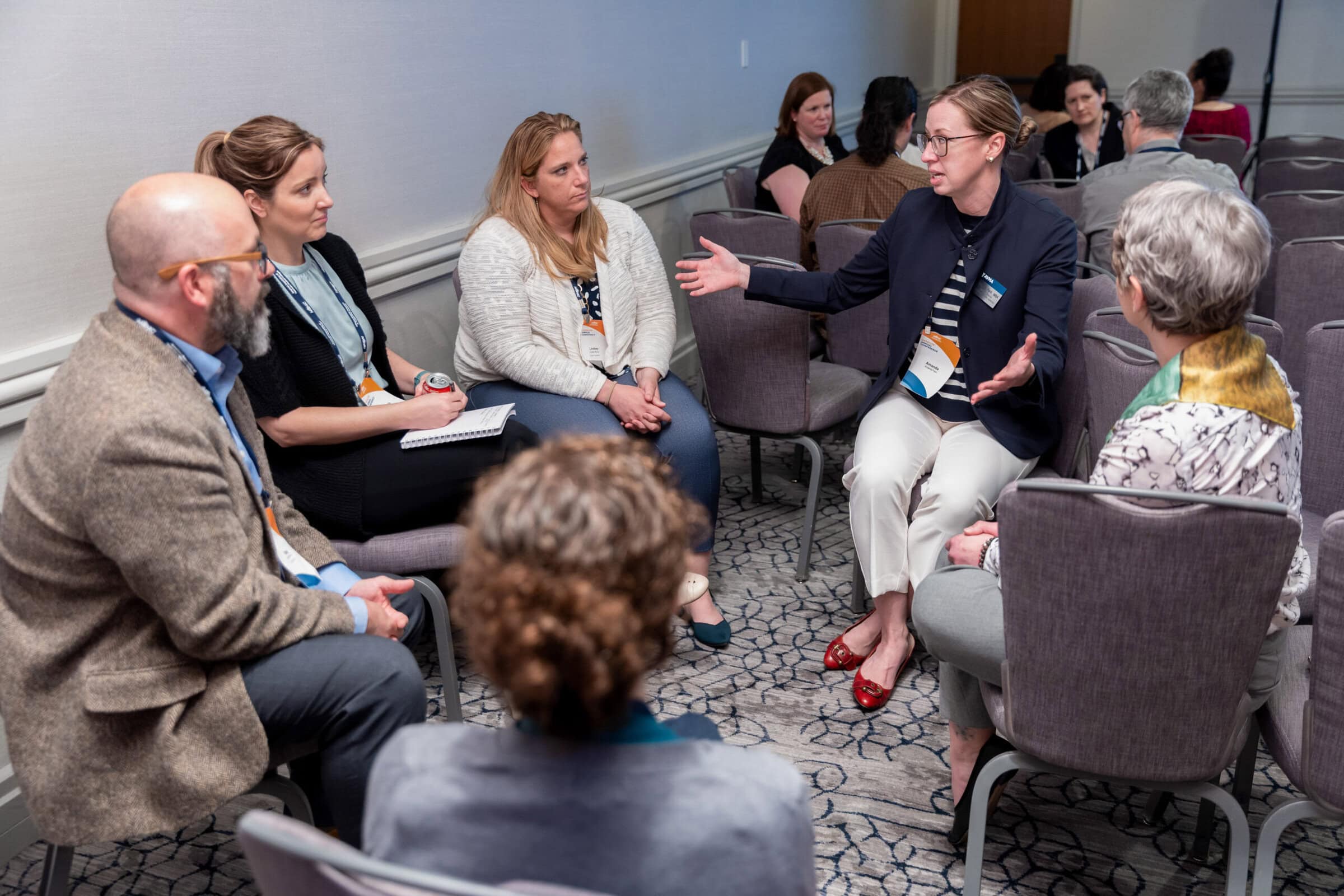
Key Topics
Our key topics connect you with essential knowledge to advance your teaching practices and prepare you for success in an evolving field.
Competency-Based Veterinary Education
Diversity, Equity, and Inclusion
Spectrum of Care
Wellbeing
Awards, Grants, and Scholarships
AAVMC celebrates the best in veterinary education—spotlighting bold educators, rising leaders, and standout students. Through grants and scholarships, we help future veterinarians thrive and lead the way forward.

Public Data
Explore AAVMC’s open data resources for insights into veterinary education. Our reports cover faculty and student demographics, applicant trends, tuition, and more, with information from U.S., Canadian, and international institutions. Start exploring to support your research or policy decisions today.

